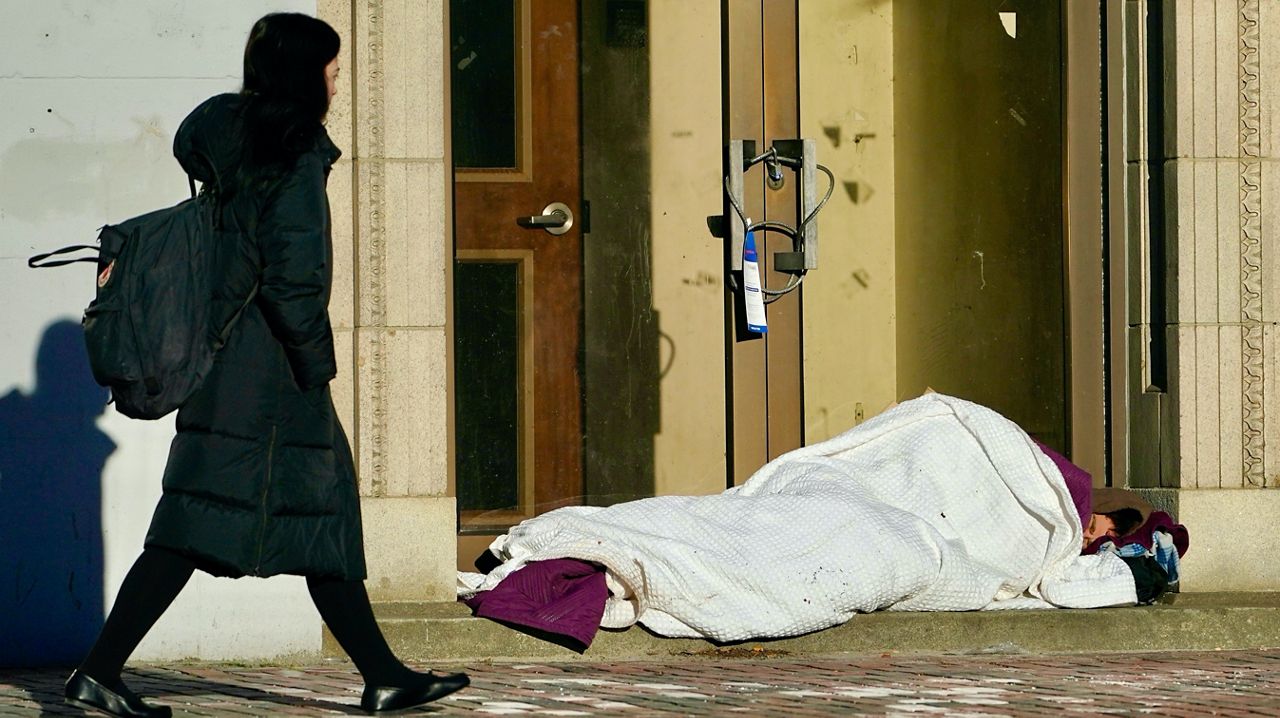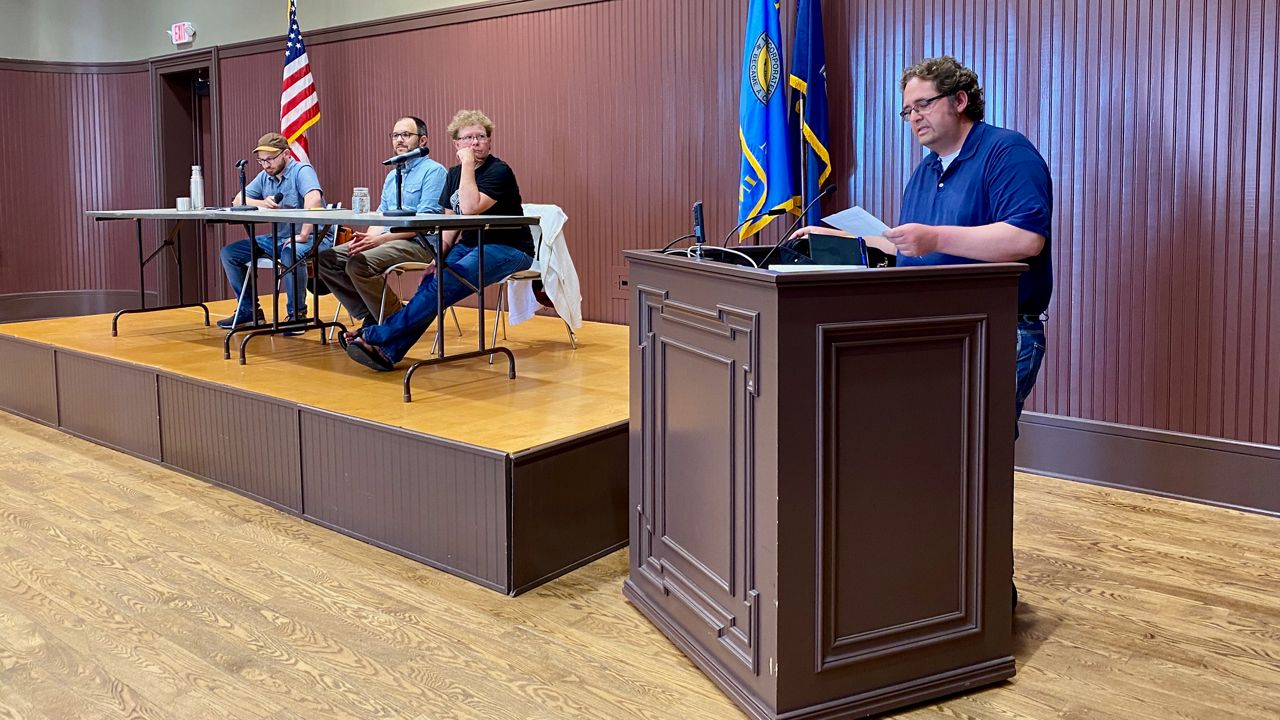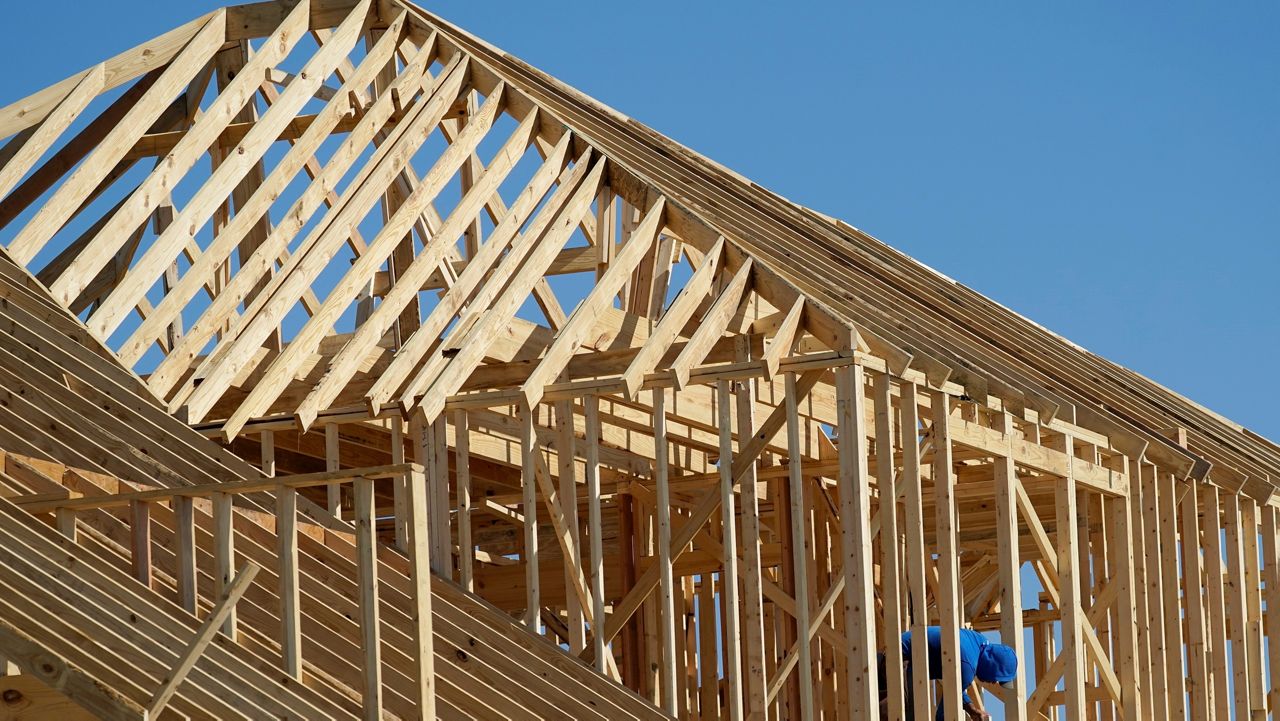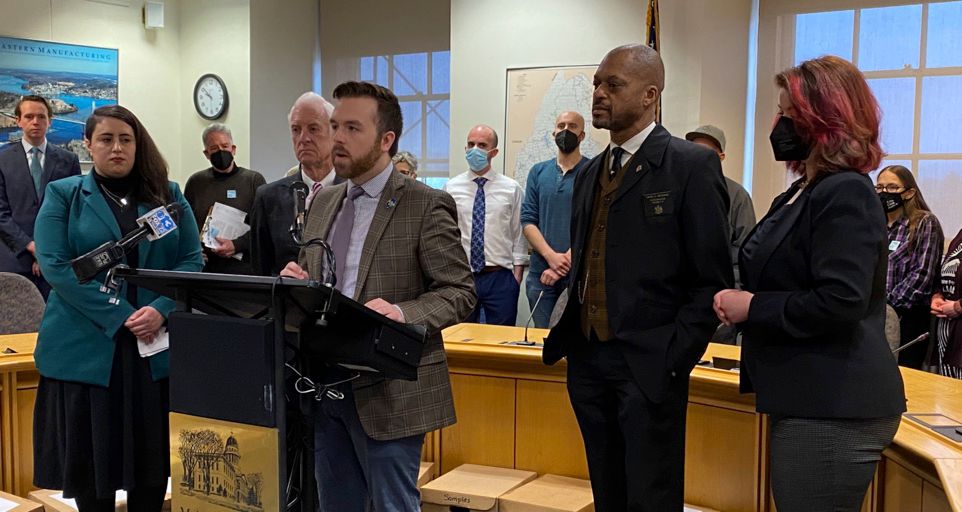The amount of unhoused people in Maine is expected to continue growing in 2022, fueled in part by ongoing economic fallout from the coronavirus pandemic, a lack of affordable housing and an influx of asylum seekers flocking to Portland, according to state data, multiple state officials and one statewide affordable housing nonprofit.
Current numbers are not available, but officials at MaineHousing, the quasi-public organization that functions as the state’s housing authority, said preliminary analysis points to another increase of the state’s homeless population.
“Anecdotally, what we particularly experienced during the pandemic, I wouldn’t be surprised in the least to see the numbers rise,” MaineHousing Director Dan Brennan said. “The homeless numbers are trending in the wrong direction.”
Officials at MaineHousing said there is no single metric that can accurately depict how many people in Maine have no fixed address, but one factor that reaffirms the state’s growing homeless population is the point-in-time count.
The point-in-time count, which MaineHousing reports every year to the U.S. Department of Housing and Urban Development, is an annual snapshot — usually taken in January — of the number of people statewide in emergency shelters, transitional housing and those who are “unsheltered,” meaning living on the streets.
According to MaineHousing, the point-in-time count increased from 871 people in 2009 to 1,215 people in 2019. In 2020, the number soared to 2,097 people, with another 2,063 people reported as unhoused in 2021.
MaineHousing spokesperson Scott Thistle noted the numbers have gone up in recent years partly due to more sources of information becoming available, but despite differences in recording, the figures are still trending upward. Even in 2021, when the numbers appeared to dip slightly, MaineHousing officials said that numbers were lower only because the pandemic prevented a count of unsheltered homeless people.
The pandemic, Brennan said, is a primary contributor to the problem, noting rents statewide have risen beyond what some Mainers can afford.
“People who were able to pay the rent at $750 a month, all of a sudden it’s $1,200 to $1,300 a month. They’ve got no place else to go,” he said.
Cullen Ryan is executive director of Community Housing of Maine, a nonprofit that finds housing for homeless people and for those with developmental disabilities. He noted the point-in-time count doesn’t tell the whole story, and said the problem is getting worse.
“They’re really worried we’re going to see numbers we’ve never seen before, and I’m worried about the same thing,” he said.
Right now, Ryan said, his organization has 86 properties throughout the state serving 1,100 people, and there are no vacancies. In fact, he said, most of the organization’s larger properties have waitlists, with some applicants waiting as long as a year and a half to find sustainable housing.
“All of our properties are essentially chock full,” he said.
State officials say they are aware of concerns about Maine’s rising number of homeless people. Jackie Farwell, a spokesperson for the Maine Department of Health and Human Services, noted that her department is obligated to fund 70% of municipalities’ general assistance costs, and continues to do so. She also noted that federal pandemic relief funds have helped bolster state efforts.
Farwell also said Gov. Janet Mills included $22 million in her supplemental budget to create an emergency housing relief fund at MaineHousing. Part of that fund, Farwell said, will go toward providing housing for the hundreds of people currently living in temporary subsidized hotels statewide. Farwell said Mills also included in her budget an additional $750,000 in grant funding for community organizations working to fight homelessness.
Brennan said MaineHousing is providing state and federal funding to seven different organizations statewide and creating nine new “coordinator” positions. Brennan said the idea is to strategically place the coordinators throughout the state to help organize efforts to provide housing for those who need it.









